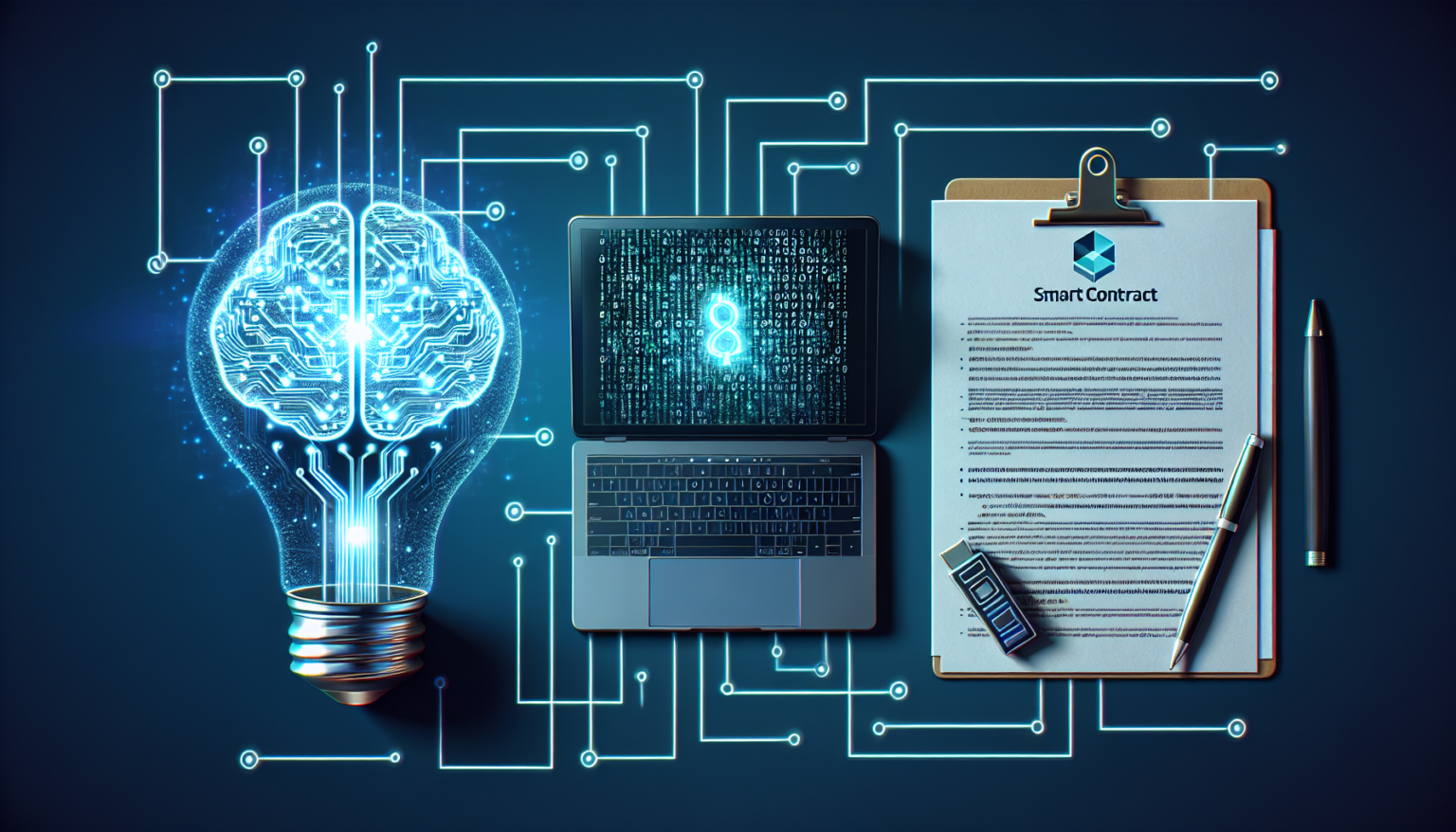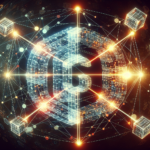The Evolution of Smart Contracts
Understanding Smart Contracts
Smart contracts are self-executing agreements with the terms of the agreement directly written into code. These digital contracts operate on blockchain technology, which ensures that transactions are secure, immutable, and transparent. The primary purpose of smart contracts is to automate processes and reduce the need for intermediaries. They function as a digital version of traditional contracts, but with added efficiency and reliability.
The Rise of Artificial Intelligence
Artificial intelligence has gained significant traction over the past few years, revolutionizing various sectors, including healthcare, finance, and transportation. At its core, AI refers to the simulation of human intelligence in machines programmed to think and learn. This technology has the potential to analyze vast quantities of data and identify patterns that humans may overlook.
The Intersection of AI and Smart Contracts
Enhancing Efficiency in Development
AI is increasingly being leveraged to enhance the efficiency of smart contract development. Traditionally, developers need to invest considerable time and effort into designing, coding, and testing smart contracts. AI-powered tools can automate various parts of this process, significantly reducing development time. For instance, AI can assist in code generation by analyzing existing contracts and generating similar contracts with modified parameters.
Code Validation and Detection of Errors
One of the most critical aspects of smart contract development is ensuring that the code is error-free. A single flaw can lead to significant financial losses. AI-driven solutions facilitate automated testing and validation, allowing developers to identify bugs or vulnerabilities in real-time. Machine learning algorithms can analyze historical data from previous contracts, learning to identify common pitfalls and helping developers avoid them.
Risk Assessment and Management
Risk management is another area where AI is making strides in smart contract development. AI algorithms can evaluate the potential risks associated with executing a smart contract. By analyzing external factors such as market conditions, previous interactions, or economic indicators, AI can provide developers with insights to assess the viability and security of a contract before deployment.
Predictive Analytics for Better Decision-Making
Using predictive analytics, AI can forecast how a smart contract might perform under various scenarios. This capability allows developers and businesses to make informed decisions about contract parameters, ensuring they are better equipped to handle unforeseen circumstances. By understanding potential outcomes, stakeholders can adjust their strategies accordingly, enhancing the contract’s success rate.
AI’s Role in Enhancing Security
Automated Audits
The security of smart contracts is paramount, given the irreversible nature of blockchain transactions. AI can play a crucial role in automating the auditing process. Traditional audits are often time-consuming and can overlook subtleties in the code. AI algorithms can scan through complex codebases quickly, identifying vulnerabilities and potential attack vectors.
Real-time Monitoring
AI can also facilitate real-time monitoring of deployed smart contracts. By using machine learning models to analyze transaction patterns and behaviors, AI can detect anomalous activities that may indicate security breaches. This capability enables quicker responses to potential threats, reducing the impact of any breaches.
Regulatory Compliance
As regulations surrounding blockchain and smart contracts evolve, ensuring compliance has become increasingly important. AI can assist developers in navigating these regulations by monitoring updates and assessing compliance levels within smart contracts. This ability to adapt to changing regulatory landscapes helps maintain trust and legitimacy within the ecosystem.
AI-Powered Interfaces for Non-Developers
Simplifying Smart Contract Creation
Creating smart contracts has often required a deep understanding of programming languages and blockchain technology. However, AI is changing this with the development of user-friendly interfaces that simplify the contract creation process. No-code or low-code platforms equipped with AI can allow non-developers to draft smart contracts by simply inputting their desired terms.
Guided Contract Creation
AI can provide guided assistance during the contract creation process. By asking users targeted questions, an AI-driven platform can gather necessary details and automatically generate a smart contract that meets the specified criteria. This democratizes access to smart contracts, enabling a broader range of businesses to take advantage of this technology without needing extensive technical expertise.
Customizable Templates
AI can also assist in creating customizable templates for frequently-used contracts. By analyzing data on successful contracts within various industries, AI can generate templates that incorporate best practices, ensuring higher levels of effectiveness while saving time for users.
The Future of AI in Smart Contract Development
Continued Integration and Collaboration
As AI technology continues to evolve, its integration into smart contract development will likely deepen. Future developments might focus on more advanced natural language processing capabilities, allowing AI to interpret complex legal jargon and automatically convert it into smart contracts.
Collaboration with Legal Experts
The collaboration between AI technologists and legal experts will be crucial in streamlining the intersection of law and technology. By working together, developers can ensure that smart contracts not only function as intended but also adhere to applicable laws and regulations, creating a more secure environment for digital agreements.
AI and Decentralized Autonomous Organizations (DAOs)
As decentralized autonomous organizations grow in popularity, AI will play an essential role in managing the smart contracts that govern these entities. AI can provide insights into member interactions, resource allocations, and decision-making processes, enhancing the overall efficiency of DAOs.
Challenges and Ethical Considerations
The Risk of Over-reliance on AI
While AI presents numerous advantages in smart contract development, there is a risk of over-reliance on technology. Developers must ensure that human oversight remains an integral part of the contract development process to avoid pitfalls stemming from automated decision-making.
Transparency and Accountability
AI algorithms often function as “black boxes,” which can create issues with transparency and accountability. Stakeholders must be able to understand the underlying mechanisms driving AI decisions in smart contract development to maintain trust in the system.
Bias and Ethics
As with any technology, concerns about bias in AI-driven solutions exist. Developers must ensure that AI systems are designed and trained with diverse datasets to avoid perpetuating existing biases. This consideration is essential for fair and equitable smart contract deployment across various industries and demographics.
By harnessing the power of artificial intelligence in smart contract development, the potential for efficiency, security, and accessibility can be greatly enhanced. As technology continues to evolve, so too will the methods and practices for creating smarter, more effective contracts, paving the way for a more automated and trustworthy future.








